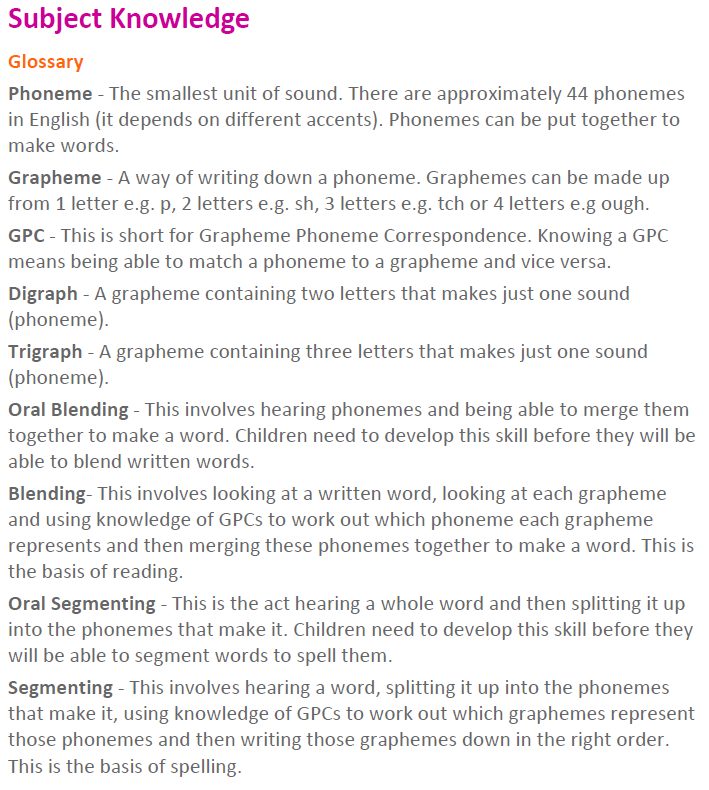Phonics
Our Phonics and Early Reading lead is Jessica Tolson.
At Firfield, we use the Essential Letters and Sound program to teach our phonics.
We aim to develop confident, fluent and passionate readers and writers from an early stage. We use 'Essential Letters and Sounds' which is a complete systematic synthetic phonics programme (SSP). Phonics is taught daily and we teach children that the letters of the alphabet represents sounds and that these are put together to make words. The children learn to recognise the different graphemes that they will see when they are reading or writing.
Our phonics teaching starts as soon as the children start in Reception and it follows a specific sequence that allows our children to build on their previous phonic knowledge and master specific phonic strategies. As a result, our children are able to tackle any unfamiliar words that they might discover.
At Firfield, we also model these strategies in shared reading and writing outside of the phonics lesson and across the curriculum.
If you would like to find out more on what ELS is, and how you can support your child at home, click here.
Assessment of Phonics
We track our children throughout each Phonic Phase to monitor both achievement and progress.
Our main emphasis on the assessment of phonics is on how effectively the children are able to apply their learning into reading and writing. This provides the evidence that the phonic learning is fully embedded.
If necessary, further support through targeted interventions is provided for children to enable them to keep up with the phonics programme.
Additional support for phonics is also put in place for those children in KS2 that still require support.

